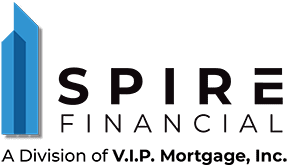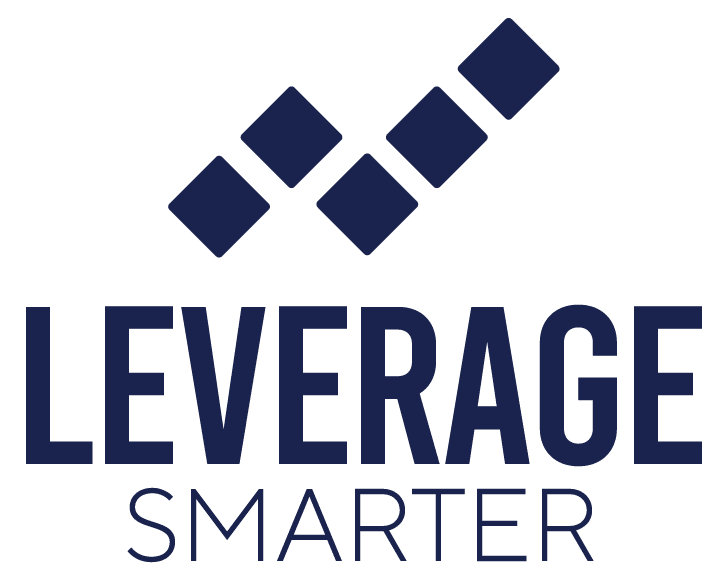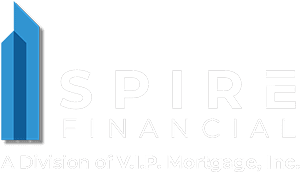Frequently Asked Questions
Answers to all your commonly asked questions and concerns.
A pre-approval is the process of applying for a mortgage, but without a specific home in the application. During the pre-approval process, we will verify your income, employment history, down payment amount, the source of the down payment, credit scores, and your debts that report to the credit bureaus.
This information will be used to determine the purchase price and loan amount that you can qualify for. We will provide you with a pre-approval letter as evidence that you have completed the application process and are pre-approved for the loan. When you find a home you want to buy you will submit the pre-approval letter with your offer, showing the sellers that you can buy their home.
Our application and pre-approval process is the fastest in the industry. Completing an application can take as little as ten minutes. Once your completed application is submitted, you can upload your supporting documents to our secure online portal. Then we will review and confirm your pre-approval in 24 hours or less.
Though we are lightning-fast at completing your pre-approval, we recommend you start the pre-approval process a week or more before shopping for a home. With that extra time, we will work with you to customize your mortgage, review your budget, and construct an effective offer strategy so that you can get the perfect home at a great price.
Your pre-approval will be good for 120 days after your credit report is pulled, but it’s not a problem if it takes you longer to find the perfect home. A simple credit refresh and updating your supporting documents are all that’s needed to keep your pre-approval active.
You can technically qualify for a loan with a score as low as 580. However, the lower your scores, the higher your interest rate will be. In general, FHA is a great option for people with less than perfect credit (700 or less) who want to make a down payment of less than 20%. Conventional loans are great for people with credit scores over 700 or for those who are making a down payment of 20% or more. VA loans are a great option for qualified Veterans and are less credit score sensitive. Though the interest rate for a VA loan improves with better credit, you can still qualify with a score as low as 580. Lastly, Jumbo loans will typically require a minimum score of 720+. However, this isn’t always the case.
Our passion is to help you determine the best loan program and structure based on your current circumstances, transaction strategy, and financial goals.
In addition to your down payment, you’ll need to factor in closing costs. Closing costs can include but aren’t limited to origination fees, title insurance, property taxes, homeowner’s insurance, etc. Closing costs can vary based on several factors, but a general rule of thumb is you can expect to pay around 1%-2% of the home’s price in closing costs.
Mortgages are investment products for large financial institutions, and mortgage values go up and down like stocks and bonds. Therefore, rates have the potential to go up while you are in the middle of your transaction. Fortunately, you can guarantee your interest rate doesn’t change by locking your rate. We typically recommend that you lock your interest rate as soon as you go under contract or as soon as possible when refinancing. Doing so will ensure your rate and payment don’t go up, which could affect your ability to secure your loan. Ultimately, you’ll need to lock your rate at least 10 days before your closing.
If you can afford the higher monthly payments, a 15-year mortgage usually comes with a better interest rate when compared to a 30-year loan, and you’ll have your loan paid off in half the time. On the other hand, a 30-year mortgage offers a significantly lower monthly payment, allowing you to afford a bigger or nicer house or possibly one in a better neighborhood.
When you have a 30 yr mortgage, you can still overpay or make additional payments to pay your loan off early. However, a 30 yr mortgage allows you to choose whether you overpay and by how much.
An escrow account is a lot like a bank account. Each month when you make your mortgage payment, a portion of your payment goes toward property taxes, homeowner’s insurance, and mortgage insurance when applicable. Each month when you make your payment, the portion collected for those items is put into an escrow account. When your taxes and insurance policies are due, your loan servicer will make the payments on your behalf using the funds that have been collected in your escrow account. If you ever sell or refinance, the unused escrow balance is refunded.
The typical close time is around 30 days, though you can close sooner or longer if you wish. 30 days will give you plenty of time to prepare your documents, plan your move if you are buying a home, and not feel rushed through the process. But in some instances, it can be important to close more quickly, and we are happy to accommodate as best as possible. A fast closing is usually around two weeks. If you want to close in this timeframe, you’ll need to be ultra-responsive to any document requests needed for your loan approval, or your closing could be delayed. We will help you stay on schedule.
Your mortgage payment is based on the amount borrowed, the interest rate, the home’s property taxes, the homeowner’s insurance policy, and mortgage insurance if applicable. You may also have a homeowner’s association (aka an HOA), which could require you to pay additional dues to the association. However, HOA dues are paid directly to the HOA and aren’t paid with the mortgage payment.
Most likely, yes. Even if you determine a fixed-rate loan is the best type for you, your payment will likely change over time due to increased property taxes and your homeowner’s insurance. If your property taxes or insurance policy increase, your loan servicer will need to increase your escrow payment to ensure your taxes and insurance can be paid in full. Thus, increasing your monthly payment. Don’t worry, though. These gradual increases will not significantly impact your monthly payment year to year.





